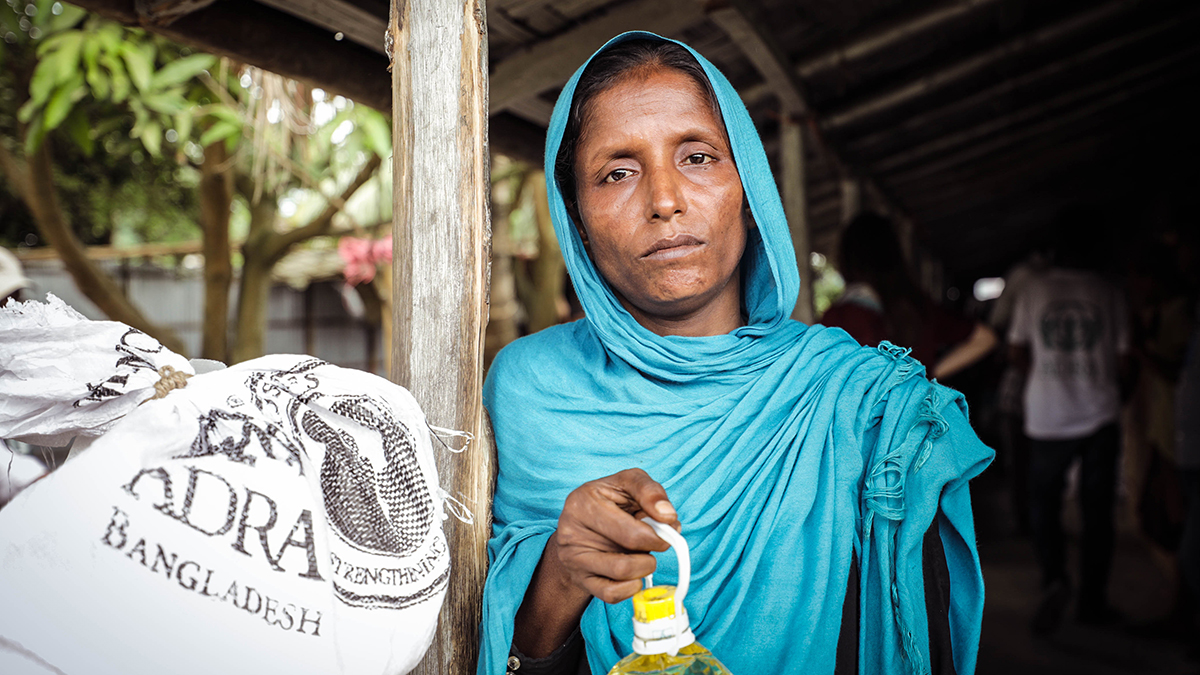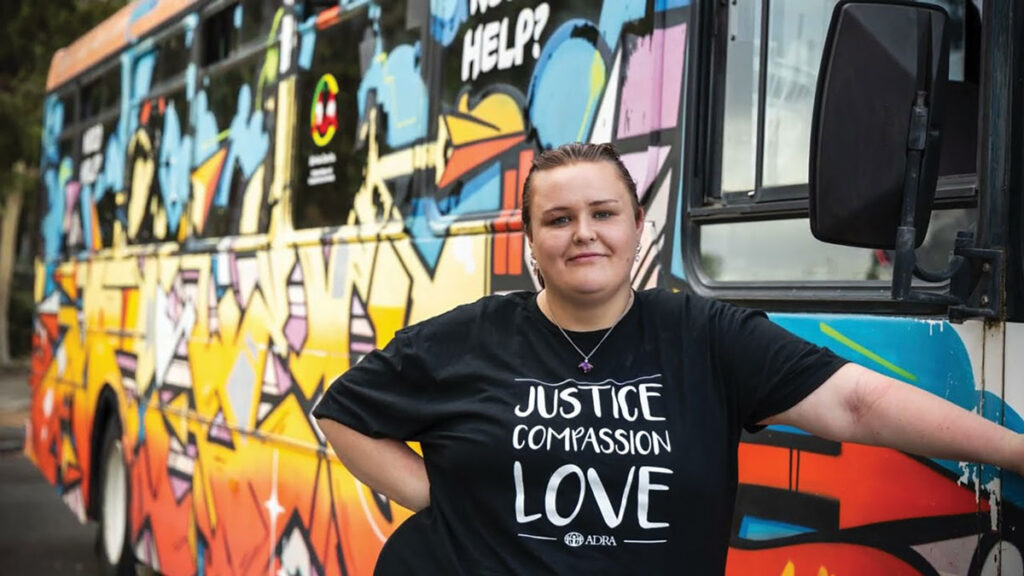It was 2am when Anwara climbed into the boat.
In the darkness strange hands passed her up toward the bow and unfamiliar bodies pressed against her. She called out softly to her children, her hands feeling about for their faces.
The small boat, weighed down by its burden of more than 40 people, pulled forward unevenly. When it finally neared the distant shore, the driver stopped and ordered everyone over the side.
“The bank was nearly chest deep in mud,” Anwara recalled. “We had no choice but to cross on foot just to reach the other side.
“I couldn’t afford to be afraid. I had my children with me and I needed to keep them alive.”
As a Rohingya woman fleeing political violence in Myanmar, Anwara knew she had much to fear. Since August, whole communities in the Rakhine State had been razed, with untold numbers of men, women and children violated and killed.
It wasn’t long before that same violence came to Anwara’s doorstep.
“When the army attacked our village, they arrested all the men,” she said. “My husband was among them.”
The next day, Anwara set out to find her husband. Dark rumours had been circulating and she needed to know the truth. What she found haunts her to this day.
“I was horrified by the condition of his body,” she said, her eyes red with tears.
Early the next morning, Anwara gathered her children and fled to the Naf River that separates the danger of Myanmar from the salvation of Bangladesh.
All day and night, the family huddled, hidden among grazing cattle. Finally, at 2am, Anwara traded her gold earrings for safe passage on the overcrowded boat, joining 35 others in their desperate attempt at a new life.


Anwara and her children now live in a refugee camp across the river, just a few kilometres from her old life. There, she had her own house, many goats and seven cows. Now, she has a black tarp and a ration of food aid. But at least her children are alive.
“I left everything behind to find safety in Bangladesh,” she said.
For refugees like Anwara and her children, the future is ominous and uncertain. But Anwara is sure about one thing.
“I will never return to Myanmar after what I have been through,” she said. “I still have faith in God but I have lost my faith in humanity.”

For now, Anwara continues to survive. At night, she is haunted by her memories, but she wakes each morning with renewed faith in God and the humanitarian agencies like ADRA that continue to support her.
“I am very grateful to ADRA and everyone else who keeps us alive and well,” she said. “I know God will bless us and keep us.”
The Rohingya refugee crisis in Bangladesh is just one of the many disasters in the world today.
This Sabbath (February 17) is the disaster, famine and relief offering, enabling ADRA to restore hope to people affected by natural and human-made disasters.
Visit www.adra.org.au/respond or www.adra.org.nz/rohingya.
Michael Rohm visited the Rohingya refugee camps in Bangladesh in November 2017.






